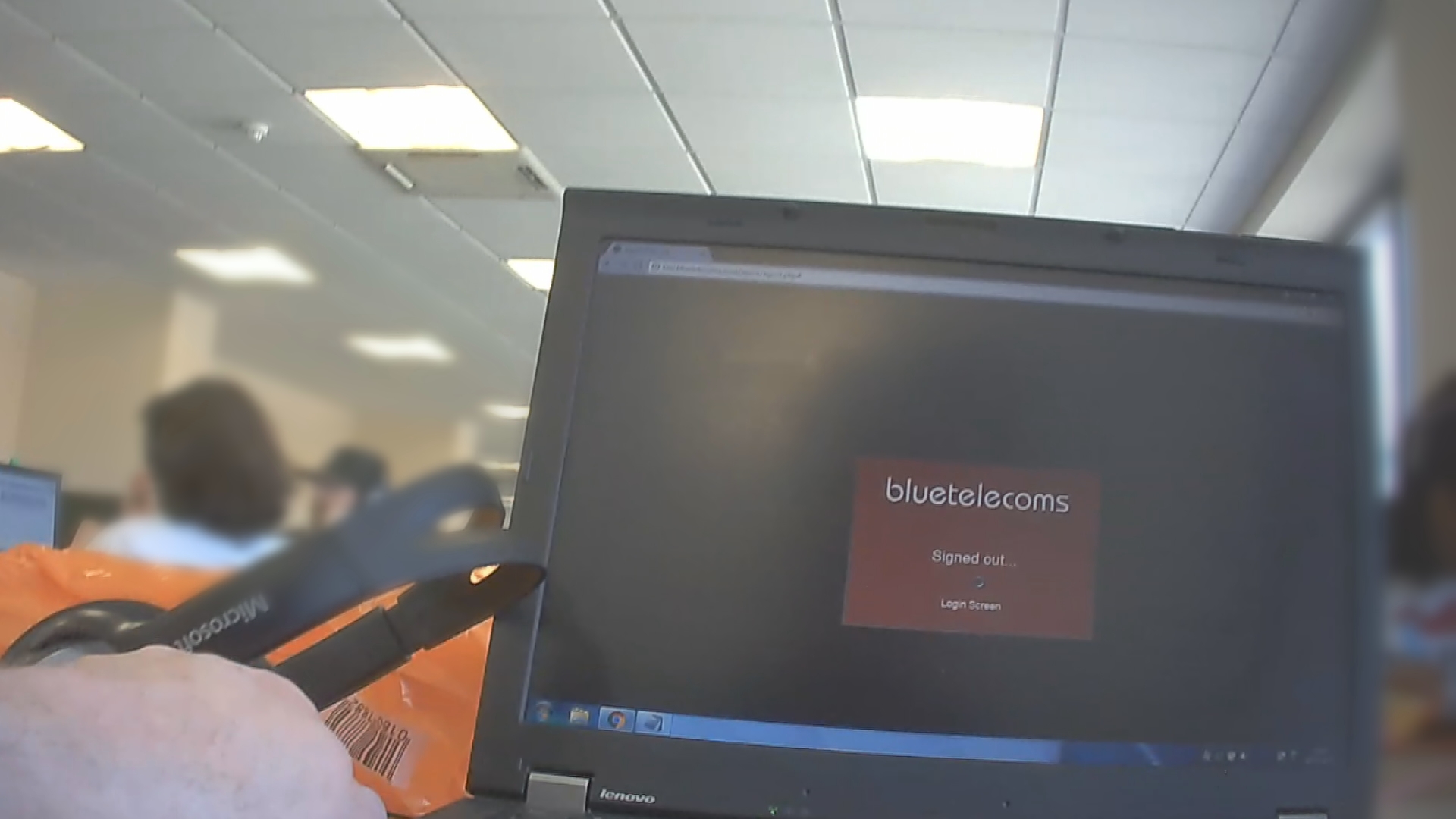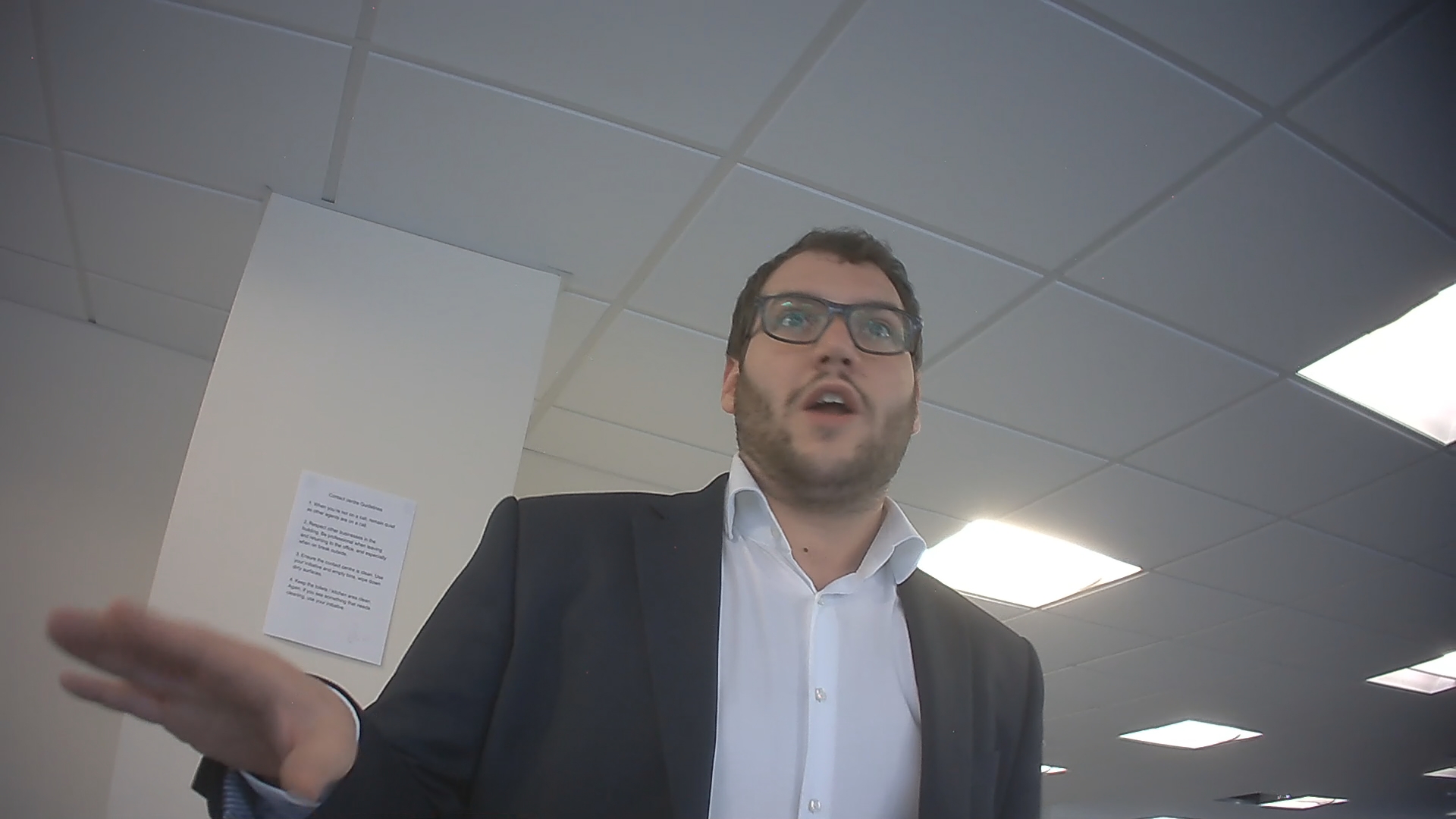Police confirm ‘significant’ investigation into Conservatives over secretive election call centre
The probe follows an undercover investigation by Channel 4 News into a Welsh call centre contracted by the Conservative Party

Police have confirmed they are carrying out an investigation of “scale and significance” into allegations that the Conservative Party broke the law during the election campaign by using a secretive call centre.
It follows an undercover investigation by Channel 4 News into the Blue Telecoms call centre in Wales.
Secret footage from polling day suggests the Conservatives may have broken election laws by paying zero-hours workers to canvass on their behalf.
The Information Commissioner’s Office has also announced it is investigating the party over allegations of cold calling.
The Tories have denied any illegal campaigning and claimed the call centre was contracted to do legitimate market research and direct marketing.
But in a letter to Labour MP Wayne David, South Wales Police said a probe was being carried out by its economic crime unit, who have experience in dealing with “electoral integrity investigations”.
It added that the investigation was of “sufficient scale and significance that South Wales Police are unable to offer any specific timescale”.
“Rest assured that the officers within this department have the required specialist skills and expertise for this often challenging area of business and will, as with all investigations, act in a diligent and expeditious manner.”
Mr David, who is the MP for Caerphilly – one of the constituencies called by Blue Telecoms on polling day – said: “I am pleased that both the police and the Information Commissioner’s Office are conducting detailed investigations.
“The allegations that the Conservative Party and Blue Telecoms broke electoral law during a general election campaign are extremely serious and the public need to have confidence in our electoral process. That is fundamental to our democracy.”
A spokesman for South Wales Police said: “South Wales Police is currently reviewing information received in regards to Blue Telecoms. It would be inappropriate to comment further at this time.”

Paid canvassing allegations
The police investigation comes after an undercover reporter working for Channel 4 News secured work at Blue Telecoms during the election campaign.
In an area plagued by unemployment and low wages, the call centre hired our reporter on a zero-hours contracts. For weeks, up to a hundred people contacted thousands of potential voters in marginal seats across the UK.
The investigation uncovered what appeared to be underhand and potentially unlawful practices at the centre.
On polling day itself, workers at Blue Telecoms were told to make calls on behalf of named Conservative parliamentary candidates in Wales.
Floating voters were subjected to key Conservative messages, while supporters of the party were encouraged to go out and vote.
These phone calls may have breached Section 111 of the Representation of the People Act which prohibits “payment as a canvasser for the purpose of promoting or procuring a candidate’s election”.
Channel 4 News understands that this is the main focus of South Wales Police’s investigation.
A Conservative spokesman said: “We are unable to comment on an on-going investigation.”
 2m
2mData protection allegations
Channel 4’s investigation suggests that Blue Telecoms called numbers listed on the Telephone Preference Service (TPS), claiming to be an independent market research company called “Axe Research”.
However, this appears to be a fake entity – no such business is registered in England and Wales with Companies House or on the Data Protection Register.
Workers were repeatedly told not to disclose that they were working for Blue Telecoms.
In some of the calls, ‘undecided’ voters were fed with key Conservative Party messages, including references to Brexit negotiations, the danger of a hung Parliament and immigration.
One script quoted a newspaper article which said: “Jeremy Corbyn is not concerned about the numbers of people coming to live in the UK.”
But marketing calls to TPS numbers are banned under the Data Protection Act, unless the person called has specifically given the organisation their consent.
At the time of the investigation, a Conservative spokesman said: “Political parties of all colours pay for market research and direct marketing calls. All the scripts supplied by the party for these calls are compliant with data protection and information law.”
But an ICO spokesperson said: “The Information Commissioner reminded campaigners from political parties of their obligations around direct marketing at the beginning of the election campaign. Where we find they haven’t followed the law, we will act.
“We are carrying out an investigation into the Conservative Party marketing campaign conducted from this call centre.”